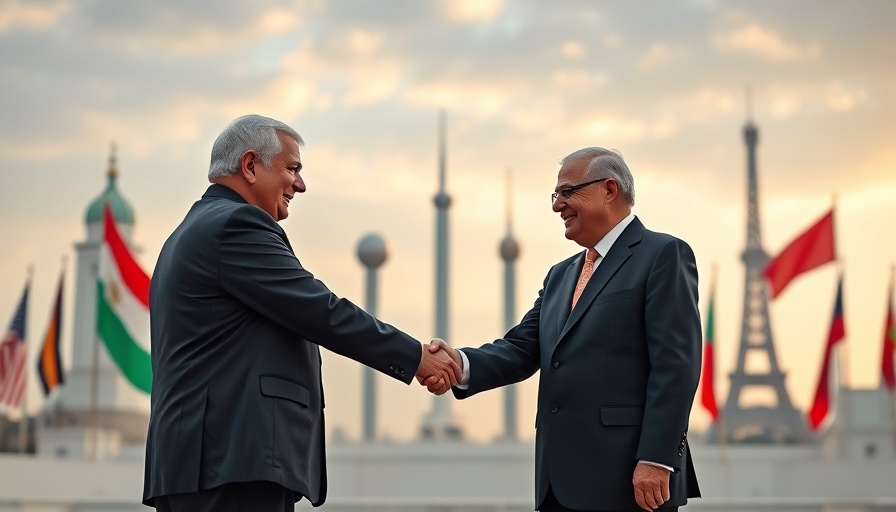
France's Palestinian State Recognition: A Closer Look at Macron's Position
French President Emmanuel Macron's recent deliberations surrounding the recognition of a Palestinian state have stirred significant attention globally. Initially, Macron's stance appeared to hinge on specific actions from Palestinian leaders aimed at fostering peace. However, in a striking shift, he has once again taken a more cautious approach, indicating that recognition may not be immediate. This development invites deeper exploration into the implications and motivations behind France's foreign policy in the Middle Eastern context.
The Evolving Framework of Recognition
Macron's wavering stance on recognizing Palestine reflects the complexities of international diplomacy. He had earlier emphasized that any move towards recognition would necessitate concrete steps from Palestinian authorities, potentially opening doors for negotiations with Israel. Yet, his latest remarks suggest that he might be leaning towards postponing that recognition further. It is a reminder that in international politics, statements can shift as leaders reassess their strategies in response to shifting global dynamics.
The Context of Palestinian Statehood
The quest for Palestinian statehood is grounded in decades of historical conflict and political struggle. Despite a significant portion of the international community recognizing Palestine, obstacles persist, particularly regarding Israel's security concerns and its competing claims to the same territory. As a globally aware audience, recognizing these dynamics is crucial. Each country, including France, must balance its humanitarian advocacy with geopolitical reality.
Faith and Diplomacy: A Mission-Minded Perspective
For those within the Christian community, the implications of France's decision can resonate beyond political borders. The recognition of a Palestinian state could be viewed as a step towards justice for many Christians advocate for peace in the region. By understanding the significance of political decisions in relation to faith and humanitarian needs, believers can better align their prayers and actions with peaceful resolutions.
Moving Forward: What Does It Mean for Supporters?
As France navigates this critical juncture, supporters of interfaith dialogue and humanitarian efforts are positioned to play an essential role. Advocacy and awareness initiatives can amplify the voices striving for peace and coexistence. Recognizing the complexities at play encourages mission-minded individuals to engage in discussions that may advance understanding and foster relationships across cultural divides.
Conclusion: The Intersection of Faith and Politics
As global citizens and faith-based individuals, we must articulate thoughtful responses to evolving geopolitical landscapes. Macron's indecision underscores the nuanced interplay of diplomacy, religious beliefs, and societal needs. Engaging in these discussions can help us support peace initiatives effectively and compassionately in our communities and recommend actionable steps to address the disparities involved.
 Add Row
Add Row  Add
Add 








Write A Comment